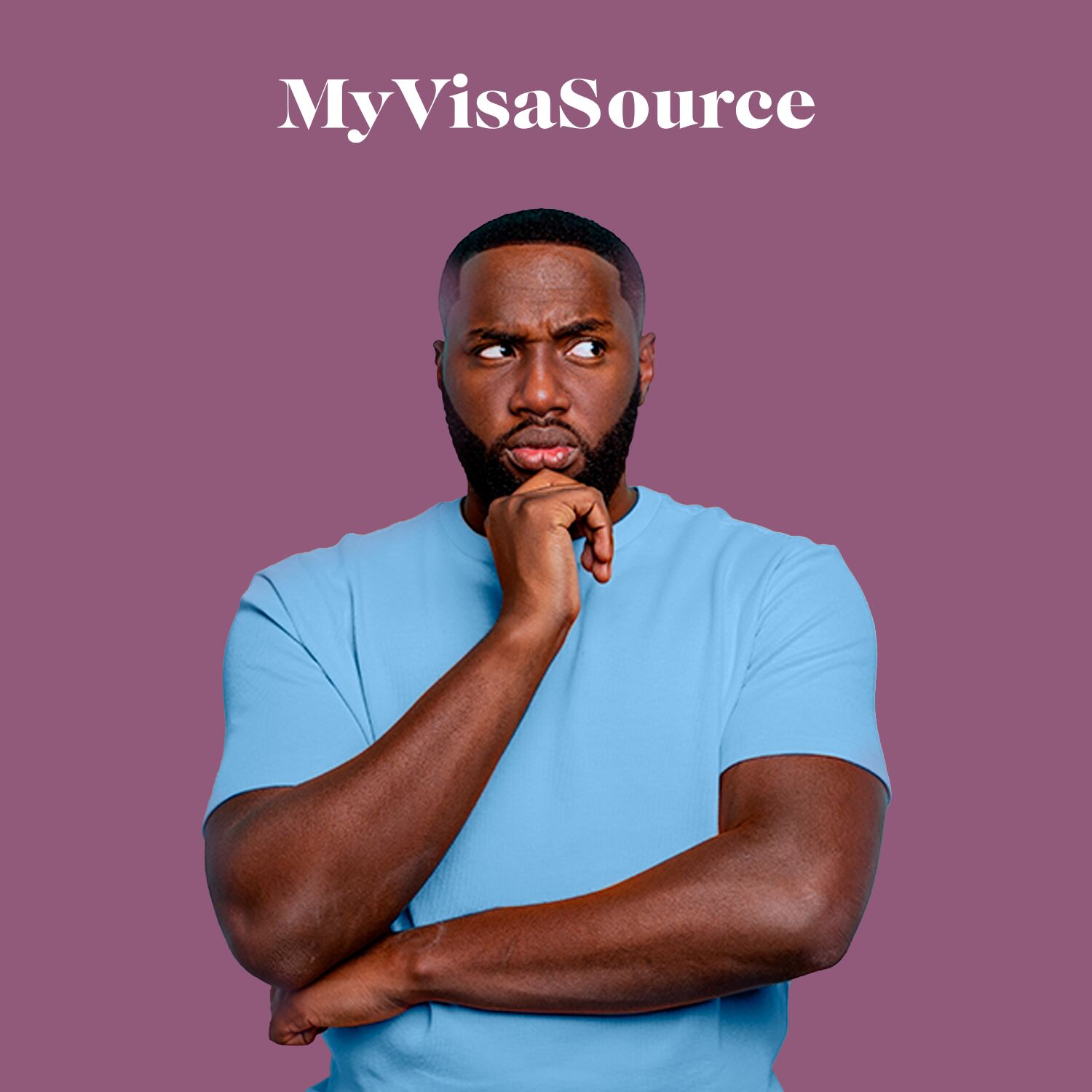Foreign nationals immigrating to Canada view permanent residence as a final goal in their immigration process. However, many confuse permanent residency with Canadian citizenship.
When an individual has immigrated to Canada and attains permanent residence status, they are known as permanent residents. They are not citizens of Canada or temporary residents.
Citizenship in Canada, on the other hand, is attained either by being born within the borders of the country or through a process known as Naturalization.
There are several differences between being a permanent resident and a Canadian citizen. Citizenship is the next step after permanent residence.
Permanent residents can apply for Canadian citizenship if they meet certain residency requirements. However, to know if this is the best step for you, you need to know and understand the differences and benefits of both.
What are the Benefits of Being a Permanent Resident in Canada?
Permanent residency is the result of applying through an immigration stream such as a Provincial Nominee Program or Quebec Immigration.
Permanent Residents are issued a permanent resident card (PR card) when they attain their status. This PR card is issued for a certain period.
However, the expiration of your PR card does not mean that your status as a permanent resident expires.
There are certain benefits and rights granted to the permanent residents of Canada:
- Access to social benefits such as universal healthcare
- Right to live, work and study anywhere in Canada
- Protection under the Canadian law and the Canadian Charter of Rights and Freedoms
- Right to apply for citizenship
Permanent residents must also comply with social responsibilities much like Canadian citizens. This includes filing taxes.



















